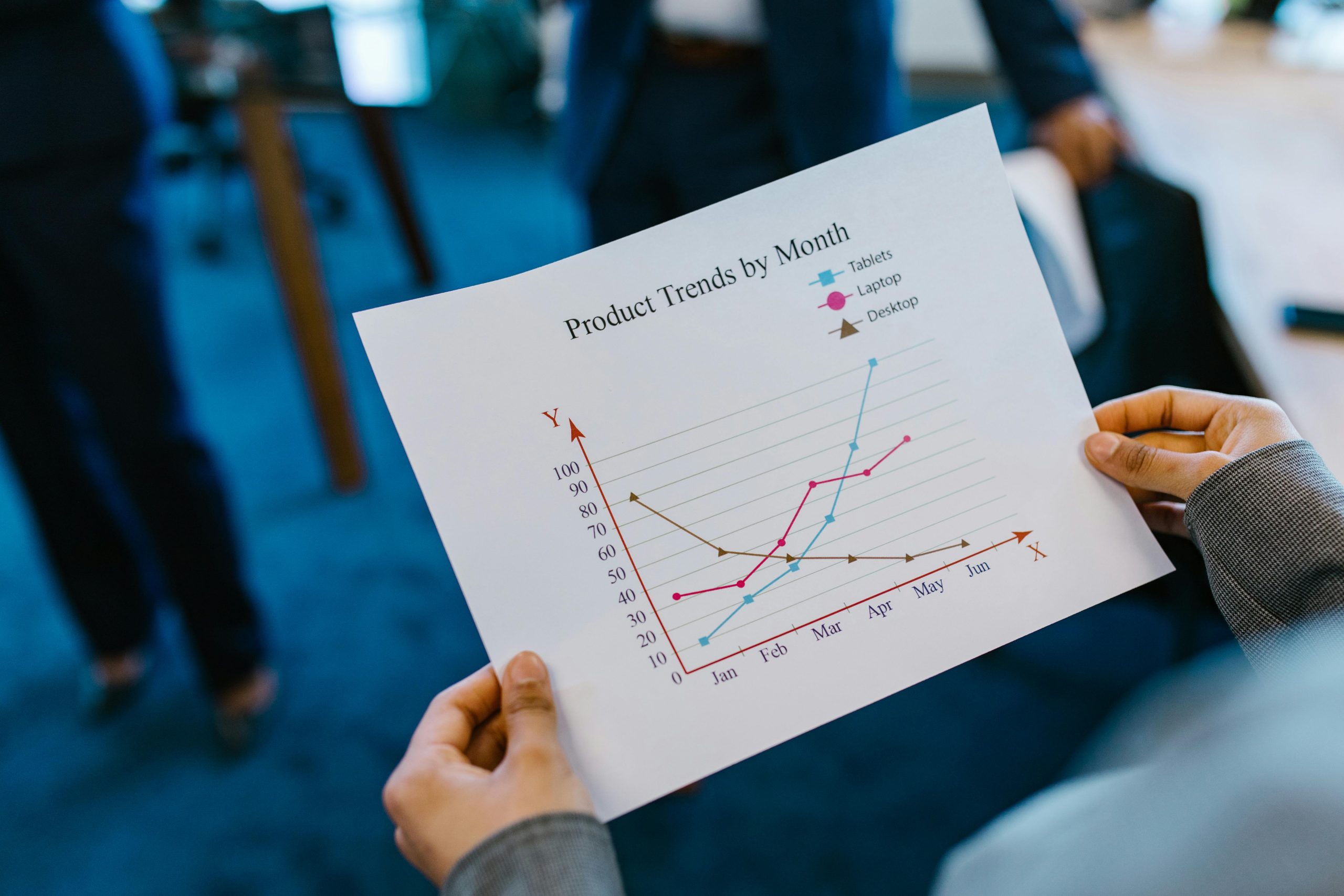The Financial Battlefield: How Trump’s Tariff Policies Could Influence Global Alliances
In recent times, the geopolitical landscape has seen significant shifts, particularly following the unexpected tariff adjustments implemented by the former Trump administration. As financial strategies evolve, there’s a growing concern regarding the potential use of economic tools—including finance—as leverage against traditional allies.
The controversial tariffs introduced under Trump’s leadership not only disrupted trade relations but also set a precedent for future interactions on the global stage. This approach raises questions about how financial mechanisms could be employed as weapons in diplomatic negotiations.
With tariffs acting as a form of economic pressure, there’s speculation on whether similar tactics might be adapted to manipulate financial markets or impose sanctions selectively. Key allies could find themselves caught in a web of financial diplomacy, where their economic stability and security might hinge on their alignment with U.S. interests.
As international relationships continue to evolve, it’s crucial for countries to reassess their strategies and alliances. Countries that have historically relied on strong diplomatic ties with the U.S. may need to prepare for a new era, one where financial considerations play a pivotal role in maintaining those relationships.
In this context, it is essential for nations to be proactive in building resilience against potential economic coercion. By diversifying their partnerships and strengthening domestic markets, they can better navigate the complexities of a shifting global order.
As we move forward, it remains to be seen how these financial strategies will impact not just economic policies, but also the very fabric of international relations. The implications could be profound, reshaping alliances in ways that were previously unimagined.

No responses yet